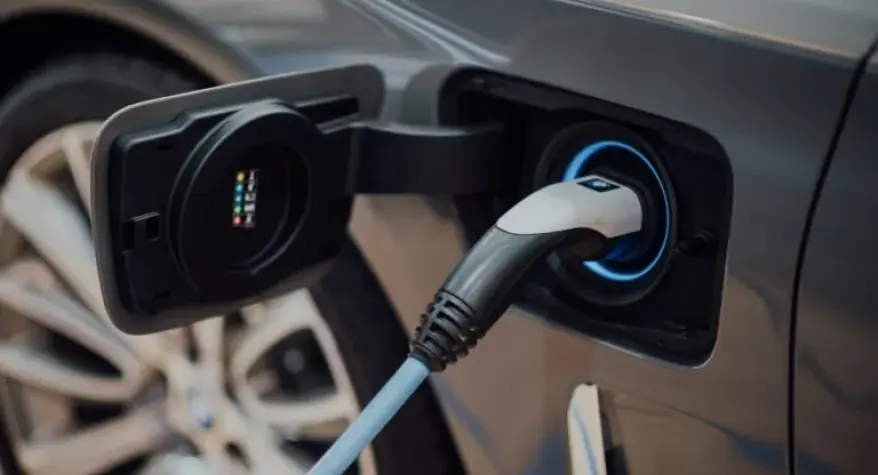How electric cars may not be the future.
The other day I was watching a rerun of The West Wing. A character in the scene walked into an office and put a video cassette into a video player, using a remote control to rewind the tape. I had a momentary thought that made me feel very old: if this scene had been filmed in 2022, the character would have walked in with an iPad and used their finger to drag the video to the correct place. The West Wing is not an old show, but technology continues to improve at such a rate that even VCRs are unrecognisable to anyone under 25 today.
Electric cars are going to be the future. Major brands have announced that they are planning to only build and sell electric cars in the near future. Jaguar announced that they have set a deadline of 2025 as the date when they will only provide electric cars, Volvo has said they will change from 2030 and Lotus from 2028. Ford has said that all its vehicles sold in Europe will be electric by 2030.
The problem of private charging
Electric cars are inevitable. Many of us have already seen home charging points cropping up at various points around our neighbourhoods. Much of the discussion surrounding the transition from petrol/diesel to a battery/electric car has centred around the development of the infrastructure required to charge cars when away from the home or to build enough batteries to supply demand.
But I think the biggest problem we need to overcome is a lot closer to home. The problem is this: charging your vehicle at home is only really convenient, secure and safe when you have a private drive. For anyone living in a block of flats or on a terraced street, a canal boat, caravan or home that has only pedestrian access, charging an electric car will be a nightmare. The UK boasts a wide variety of residential accommodations of all shapes and sizes. But different accommodation is going to require different solutions to provide home charging points. Here are some of the problems I can foresee for the different forms of housing we enjoy:
Terraced Housing
I saw a television interview a few days ago where a resident who lived in a terraced house had been putting warning signs outside his house when his car was being charged so that pedestrians did not sue him for tripping over his charging cable. The programme explained that the resident was able to have a small channel installed so that the cable could be laid below ground. This meant an additional charge for the resident, but it certainly solved the problem of causing accidental trips and falls.
But, when I lived in a terraced house I very rarely managed to park my car outside my premises. There were just too many cars on the street and not enough space. What is going to happen if you need to charge your car and you cannot get it outside your home when you return to work? Draping an extension cable down the road is not going to work well.
Blocks of Flats
What about those people who live in blocks of flats? One might be forgiven for suggesting that shared charging points in the adjacent car park will be a good solution. But who is going to pay for these charging points to be put in? What about when there are not enough points to go around? What about flats that do not have car parks that are big enough for every resident’s car?
Rented Housing
Anyone who has ever lived in rented accommodation will have a story or two about some landlords who take a very long time to make any requested changes or who do not want to improve their property beyond its immediate state. Would and should the government really enforce private landlords to make facilities for electric vehicle charging? Is it likely that they would fund a scheme? Hardly. People will have to uproot their lives to find a rented property that does have access to private vehicle charging.
Who is going to lose out most?
It generally tends to be those on the lower incomes who live in flats, rented accommodation and narrow terraced housing. The middle and upper classes are not going to struggle to install the private infrastructure required to make the transition; it is going to be the most vulnerable in our society who will miss out. The government will need to address this issue before its self imposed deadline. I do not deny that our nation will switch to electric vehicles when the government and automobile industry say we are, but I hope that the government ensures that everyone comes along and feels the benefit.




